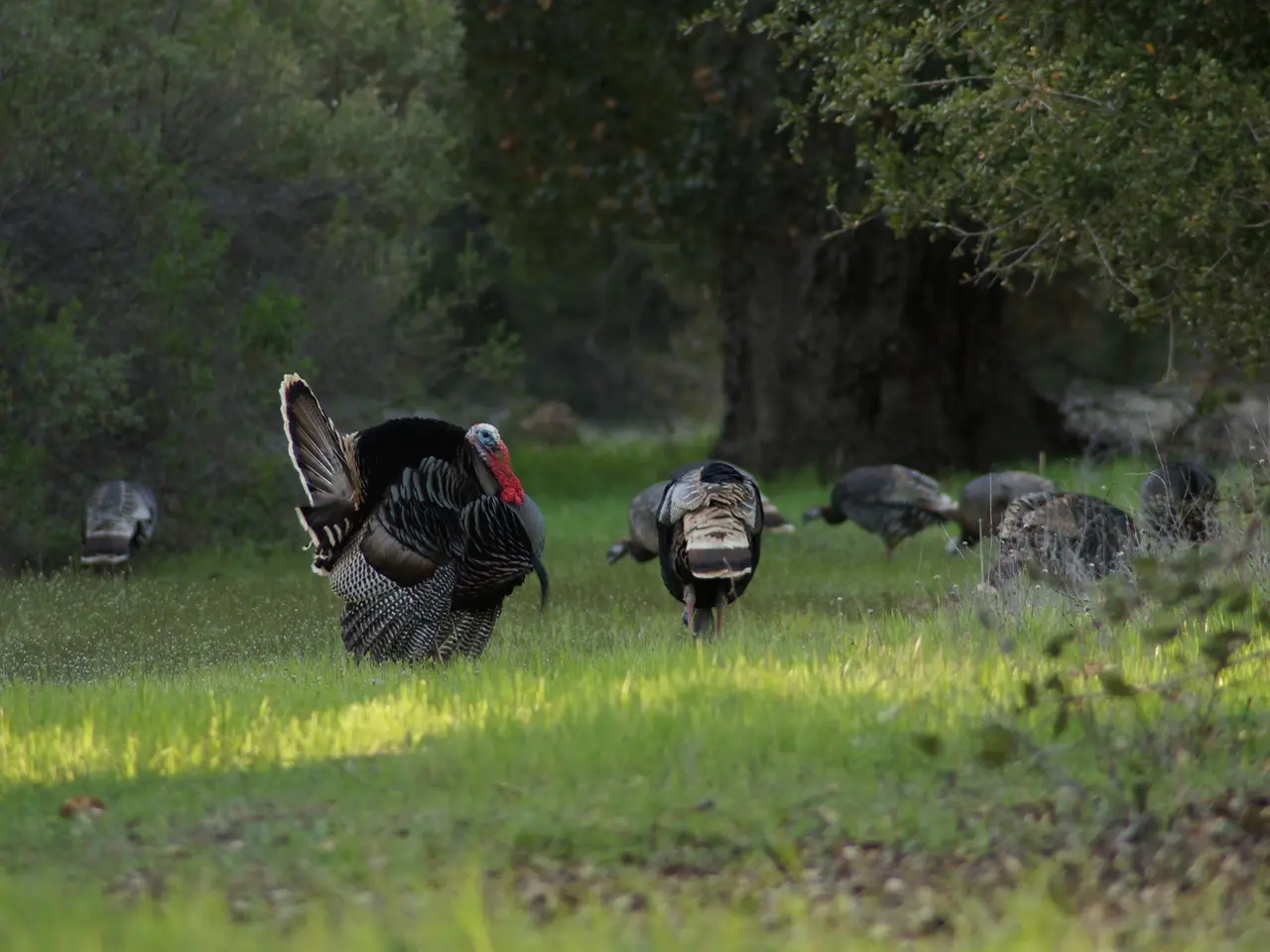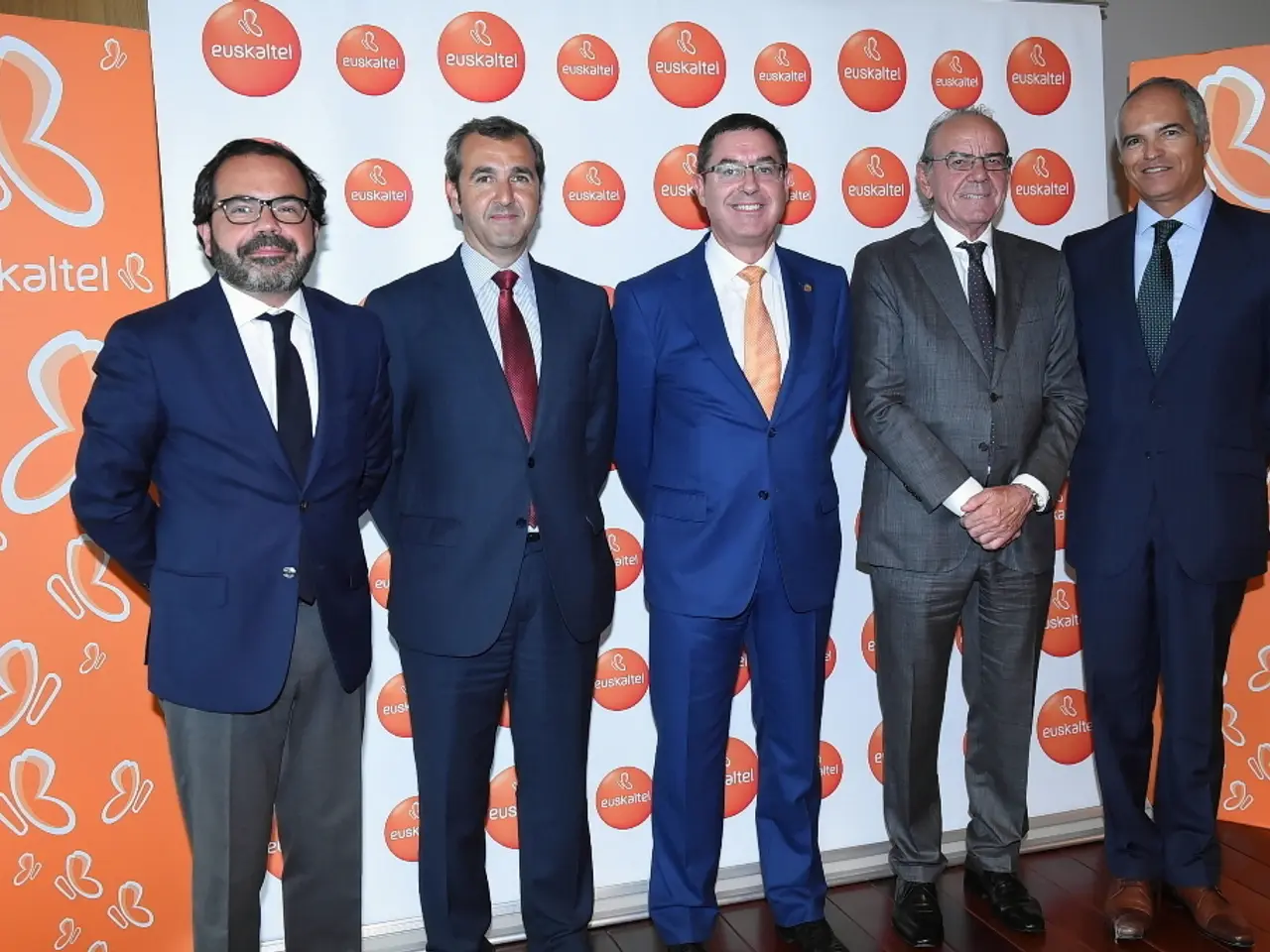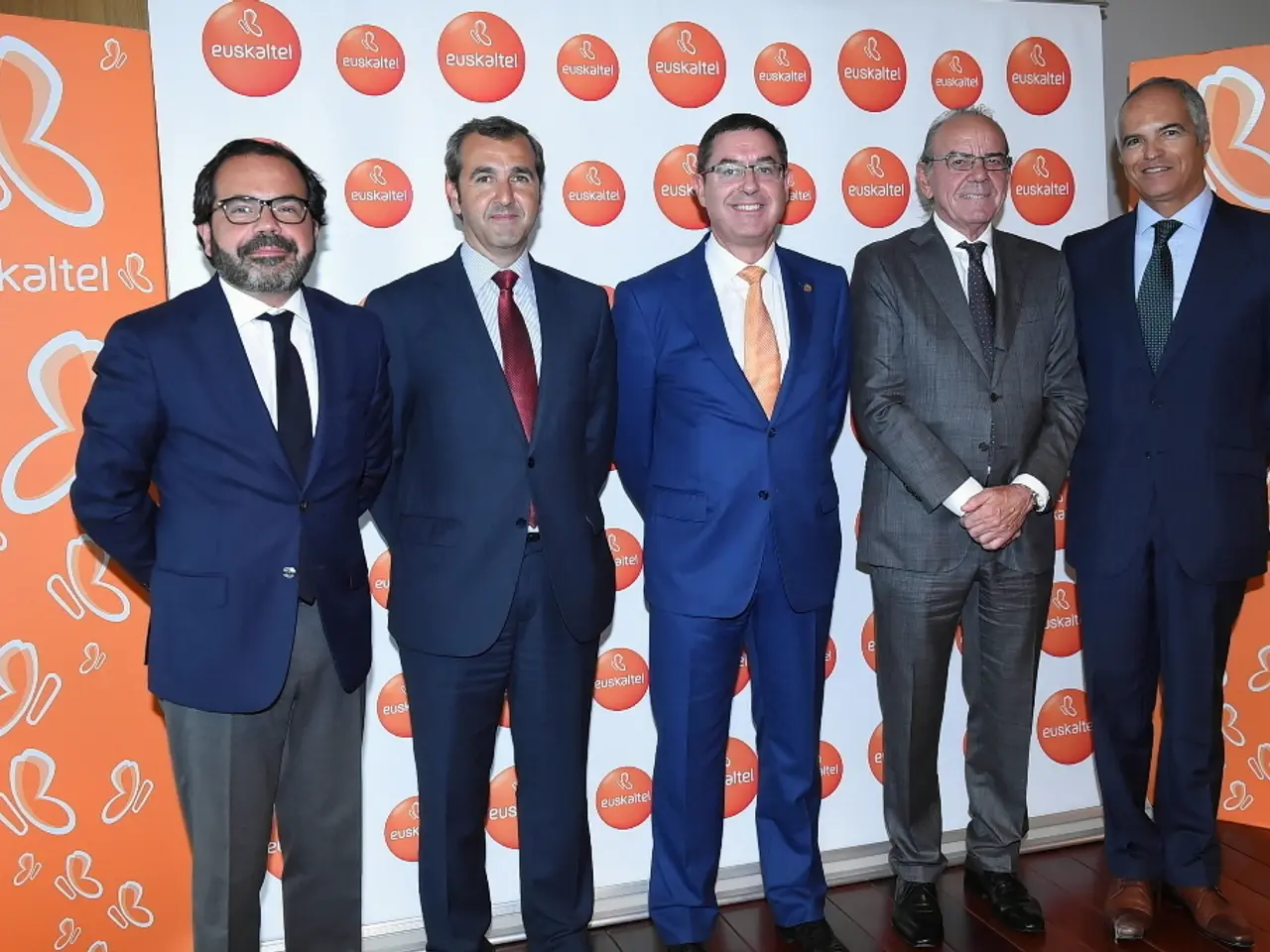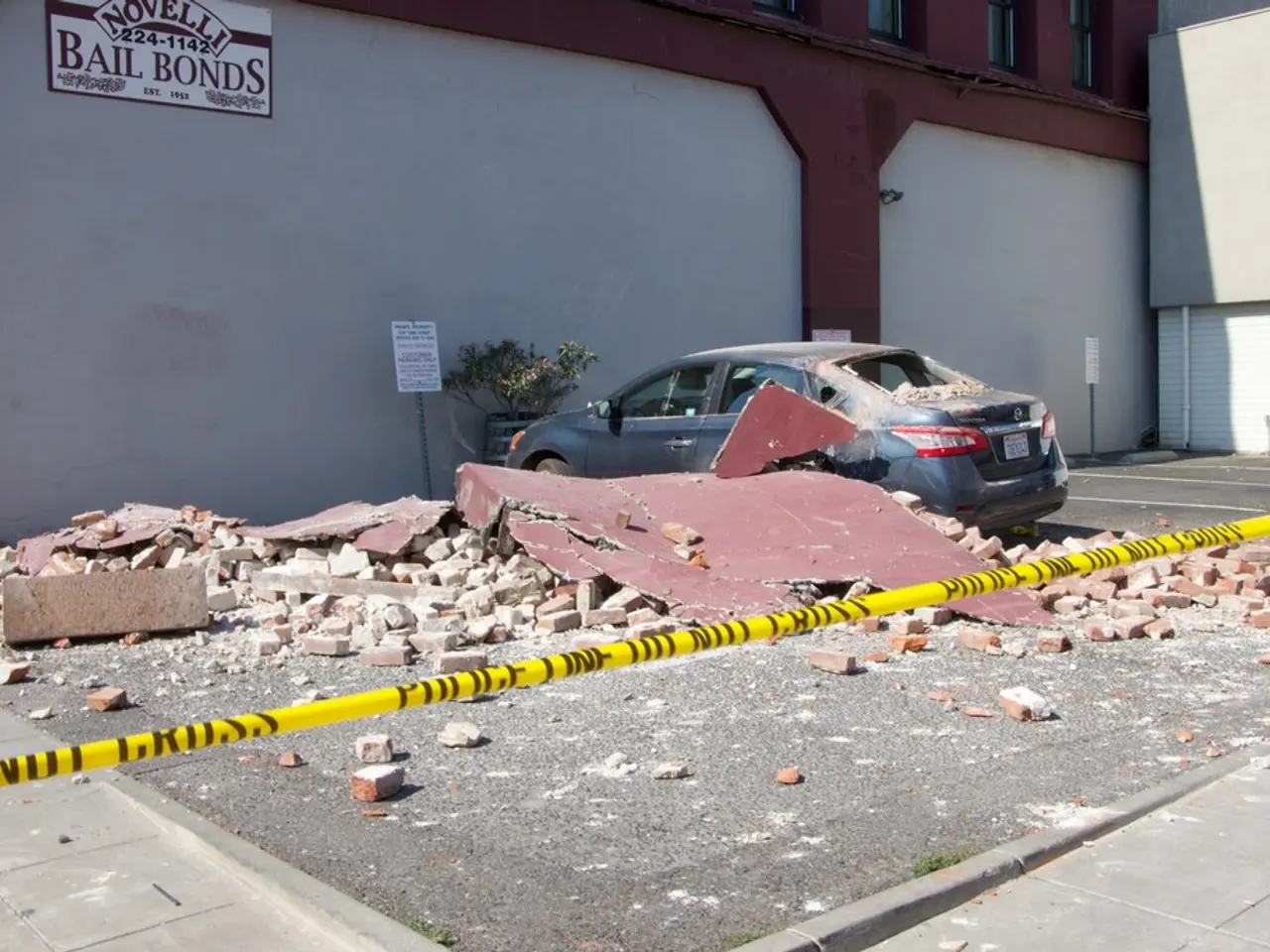Farming entrepreneur instead opts against $740,000 payment for wheat production worth $970, despite the emergence of skyscrapers in the surrounding area.
The agriculture sector in Turkey is currently grappling with a complex set of issues, including the loss of agricultural land due to urban expansion, adverse weather conditions, rising costs, and financial strain on farmers.
Land Use Issues
Over the past 17 years, approximately 12% of agricultural land, amounting to 51,000 hectares, has been lost in places like Bursa due to urbanization and the construction of high-rises. This loss of farmland threatens its availability and sustainability, according to Dr. Fevzi Cakmak, head of the Bursa branch of the Union of Chambers of Turkish Engineers and Architects.
Adverse Weather Conditions
The sector has been further affected by adverse weather conditions. A severe frost in April 2025 caused the worst crop damage in a decade, and ongoing drought conditions have reduced wheat production forecasts for 2025/26 from 19 million metric tons to about 16.25 million metric tons.
Increasing Costs and Financial Pressures
Rising input costs, such as seeds and fertilizers, compounded by inflation estimated around 50%, have increased operational expenses. Agricultural loans rose 51% to nearly ₺1.04 trillion ($25.6 billion) in one year, while non-performing loans surged 188% to ₺7.3 billion ($296.7 million), signaling worsening financial stress for farmers.
Government Support Measures
In response to these pressures, the Turkish government has expanded agricultural support. For 2025, disbursements have increased to ₺24 billion ($589 million), offering subsidies for fertilizers and seeds to encourage domestic production, particularly in barley. Export quotas, such as those on chicken meat, have been adjusted to stimulate production and trade. However, trade disputes, for example with the EU over seed potato shipments, have created additional tensions affecting agricultural trade.
President Recep Tayyip Erdogan announced in July that ₺18.5 billion would be allocated for rural development. The state-run Ziraat Bank's agricultural loan portfolio now exceeds ₺700 billion ($17.20 billion), meeting nearly 71% of the sector's credit needs.
Impact on Farmers
Despite these challenges, some farmers remain resilient. A wheat farmer in Bursa, Turkey, rejected a ₺30 million offer for his land and earned ₺39,000 from cultivating it. Land values in some areas of Bursa reach ₺25-30 million per decare.
Producer price inflation in agriculture surged to an annual 50.31% in June, and even unprocessed food prices, traditionally more stable, remained elevated, dipping only slightly to 25.8% in July.
The loss of agricultural land in Bursa is equivalent to approximately 72,000 football fields. The sector's contraction by 2% year-on-year to $65.66 billion in the first quarter of 2025 highlights the ongoing struggles faced by the agricultural sector.
[1] - [Source 1] [2] - [Source 2] [3] - [Source 3] [4] - [Source 4] [5] - [Source 5]
- President Recep Tayyip Erdogan, in a statement in July, announced that a substantial amount of ₺18.5 billion would be allocated for rural development in Turkey.
- The agriculture sector in Turkiye is enduring a contraction, as evidenced by a 2% year-on-year drop to $65.66 billion in the first quarter of 2025.
- In response to the increasing costs and financial pressures in the sector, the Turkish government has implemented expanded agricultural support.
- Dr. Fevzi Cakmak, head of the Bursa branch of the Union of Chambers of Turkish Engineers and Architects, has highlighted the threat posed by the loss of 12% of agricultural land, equivalent to approximately 72,000 football fields, to its availability and sustainability.




